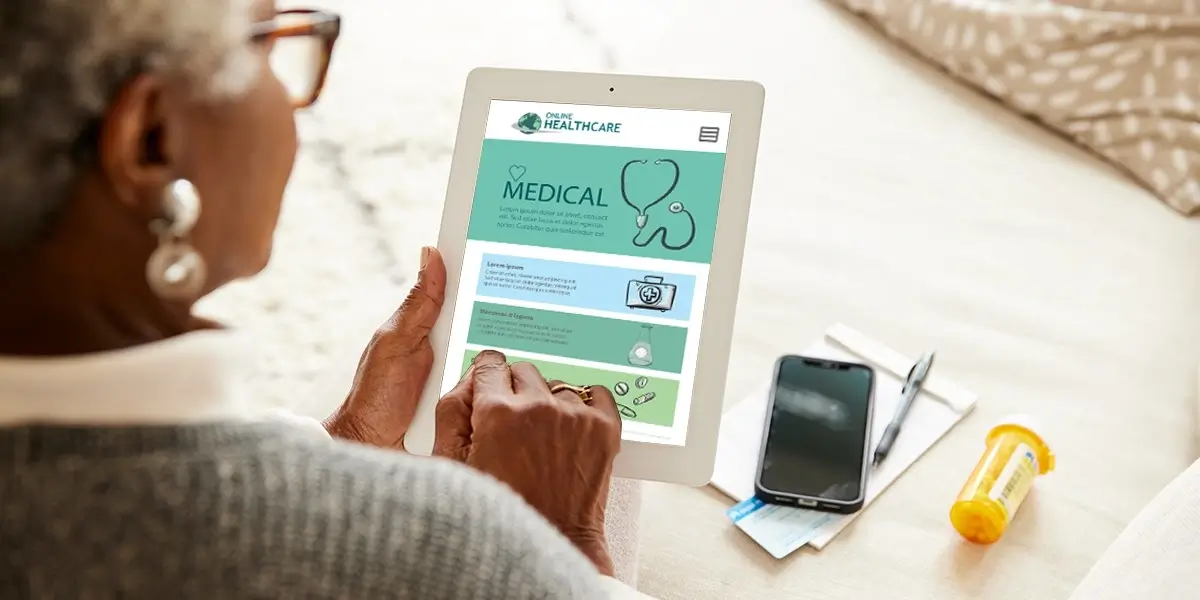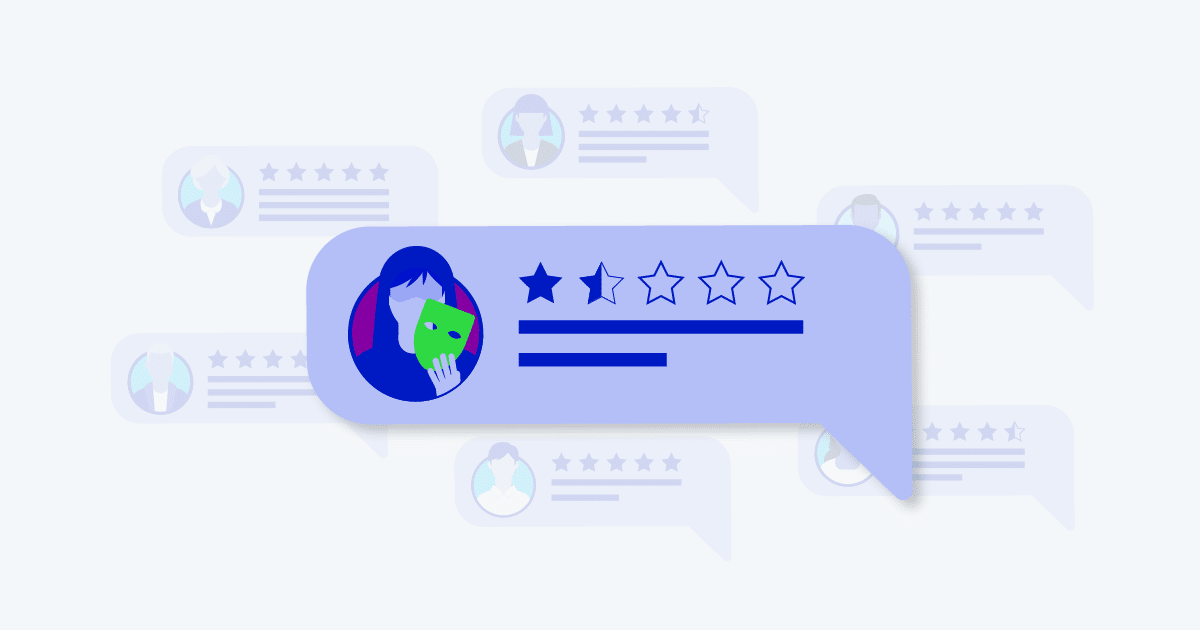
Digital healthcare is no longer a luxury—it’s a necessity.
Physicians need to access health data in seconds, and patients now expect the same for their personal health records.
With millions of patients looking to receive—and physicians aiming to provideÑthe best healthcare experience possible, healthcare organizations need to adapt to new technological standards and simultaneously maintain doctor-patient trust.
Like sensitive data, once patient trust is breached, it is almost impossible to reverse its effects.
While moving digital records to the cloud increases the speed of access, fraudsters are targeting the data for their financial gain, leaving a trail of angry victims, damaged reputations, and costly fines.
Fraud risks such as breached healthcare records, inadequate authentication workflows, and failure to meet Telephone Consumer Protection Act (TCPA) compliance can cause some of the most perilous financial damage to the healthcare industry, but all can be prevented with the right balance of security, compliance, and onboarding best practices.
Safeguard electronic health records
Electronic Health Records (EHR) have accelerated the healthcare industry’s digital transformation. EHRs can be easily shared with the patient’s healthcare providers, such as laboratories, specialists, medical imaging facilities, pharmacies, emergency facilities, and school and workplace clinics, which leads to improved efficiency, better patient experience, and a healthier, informed populace.
But the improvements come at a price. According to the U.S. Department of Health and Human Services’ Health Sector Cybersecurity Coordination Center, EHRs are valuable to cyber attackers because of the Protected Health Information (PHI) they contain and their high value on the dark web. The PHI fraudsters typically look for patient names, ages, social security numbers, and phone numbers to use in their schemes, which include phishing and ransomware attacks.
These attacks are too costly to ignore. Within the last year, 40 million patient records were breached, and the total cost of a single data breach amounted to $9.23 million.
Protect patient healthcare data with MFA
In addition to the information contained in EHRs, the sensitive patient information in the cloud made the healthcare industry one of the most at-risk sectors in 2021.
The average healthcare organization houses 31,000 sensitive files including HIPAA-protected information, financial data, and proprietary research.
With sensitive information freely accessible to the many administrative and healthcare staff, patient authentication is vital to safeguard accounts from a breach. Layering your authentication workflow with multi-factor authentication helps to prevent fake account creations, account takeovers and mitigates fraudulent activity.
It’s also important that healthcare providers work to ensure they comply with HIPAA compliance in the US and GDPR in the European Union (EU). Those who neglect to protect sensitive patient information can be fined up to $1.5 million a year, and â¬20 million, or 4% of annual revenue in the EU per each violation or record.
TCPA compliance
Government regulations do not end with HIPAA. The healthcare industry is also subject to the Telephone Consumer Protection Act (TCPA).
TCPA was first created to abate aggressive telemarketing phone calls that evade consumer privacy. To stay TCPA-compliant, it’s important to retrieve written consent before a patient receives phone calls and text messages from their healthcare provider, as well as an option to “opt-out”.
In addition, TCPA requires businesses to determine whether a phone number has been “recycled” before messaging or calling the recipient. If a number was one of the 30 million that are recycled every year, a business can be fined each time a call is placed or message is sent to the new number owner.
There are healthcare-specific exceptions to the rule. If a patient shares their contact information with a provider, it becomes a sufficient form of consent for certain types of health-related communications, such as appointment reminders, follow-up appointment correspondence, prescription-related notifications, and more.
Communication beyond the scope of urgent patient reminders must require written consent to continue receiving phone calls and messages. Ignoring TCPA compliance gets costly fast-each call or text made in violation of the TCPA costs up to $1,500 per instance in fines and damages, even if no one answers the call.
Prevent healthcare data risks with Telesign
Whether it’s protecting EHRs, incorporating MFA, or staying TCPA-compliant, Telesign’s HIPAA-compliant engagement solutions help you safeguard sensitive healthcare information and deploy a multi-layer defense to dynamically assess risk, verify identity, and authenticate every interaction.
Use Telesign for healthcare solutions to
- Ensure your onboarding process is safe, secure, and frictionless
- Enhance account integrity with MFA and layer in additional security to combat account takeovers and security breaches
- Enable accurate phone data to adhere to TCPA compliance
For more information about creating better healthcare experiences for everyone, chat with us today.



